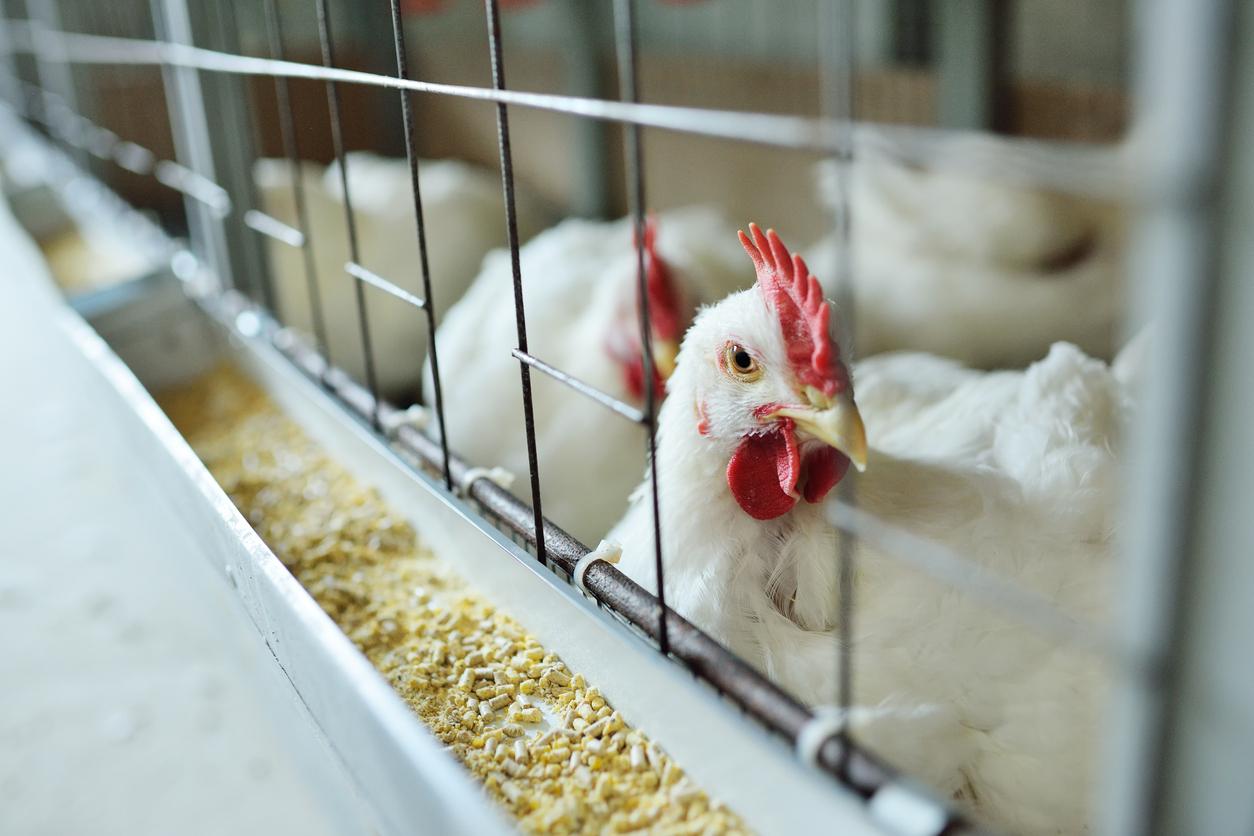Although it is higher than at the beginning of the 21st century, French fruit and vegetable consumption is far from reaching the 500 grams daily recommended by the National Health Nutrition Program (PNNS). According to the Interprofession of fruits and vegetables, this situation could come from the high price of these foodstuffs, in particular when they are organic.
-1611753084.jpg)
- The French are still unable to achieve the objectives of the National Health Nutrition Program which recommends eating five fruits and vegetables a day.
- Despite an increase in the consumption of fruit and vegetables during this decade, the French eat only 365 grams of fruit and vegetables per day, taking into account cans.
- Fruits and vegetables from organic farming now represent 10% of consumption, but remain inaccessible for a good part of the French, especially the most modest.
Fruits and vegetables are not the foods that fill the basket of the French the most. While the National Health Nutrition Program (PNNS) recommends eating five fruits and vegetables a day to stay healthy, the figures put forward by the Fruit and Vegetable Interprofession (Interfel) show that the account is not there.
“A third of adults respect the national health nutrition program of at least five fruits and vegetables a day”, indicates Laurent Grandin, the president of Interfel. According to the rules set by the PNNS in 2001, you should eat between 400 and 500 grams of fruit and vegetables per day, when consumption this year is more likely to be 365 grams per day by adding cans, according to the Center for research for the study and observation of living conditions (Credoc). By way of comparison, the French consumed 323 grams of fruit and vegetables per day in 2010.
However, if the consumption of fruit and vegetables has never succeeded in sticking to the objectives set by the PNNS, it is not necessarily due to a lack of will, but perhaps for purely financial reasons. Fruits and vegetables, all the more so when they are fresh, have a cost that is not negligible, especially when purchasing power is limited. Thus, the most disadvantaged populations are those who eat the least fruit and vegetables, because they are not necessarily able to afford them. In these families, the prevalence rate of obesity is “one and a half times higher than that of the general population”, underlines Christel Teyssedre, the president of the Agency for research and information on fruit and vegetables (Aprifel).
Make fruits and vegetables affordable for everyone
Vegetables, especially those from organic farming, which represent 10% of the fruits and vegetables consumed in France, are however increasing by 5%, a sign that they are meeting their audience, despite a lower increase than in previous years. However, they are not up to all budgets, in particular because of the coronavirus health crisis which has seen many French people lose part of their salary, and ultimately, part of their purchasing power. “We believe that there is a form of suspension linked to an economic crisis to come, around consumption in general and the consumption of organic products in particular insofar as when the consumer has to make arbitrations, he also looks at his capacities expense”, analyzes Laurent Grandin.
The interfel therefore calls on the public authorities to initiate a recovery plan that would affect all sections of the population to re-energize sales of fruit and vegetables in France. Interfel proposes in particular the creation of a “food voucher” intended to deal with the social crisis resulting from the health crisis. “We want a citizen and collective commitment around fruits and vegetables to finally achieve the objectives”, adds Lauren Grandin. Indeed, consuming fruits and vegetables daily, if possible fresh, is one of the best solutions to stay healthy.
.















